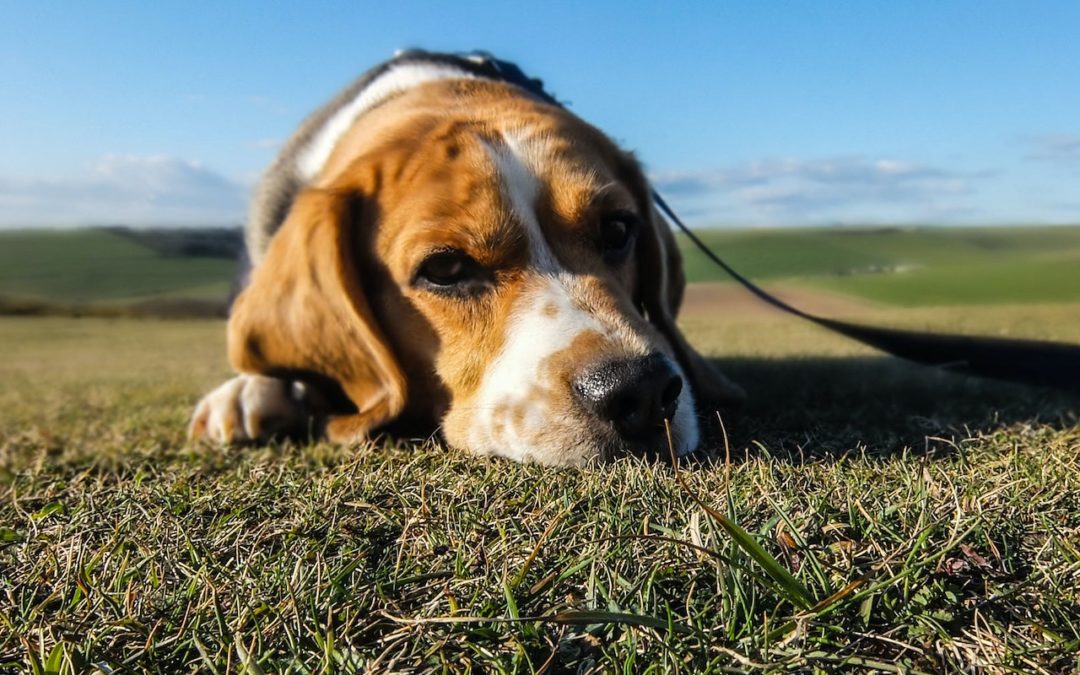Foreign Bodies in Pets
We’ve all had that *mini heart attack moment* when our furry friend has inhaled an unknown object off the ground. Our pets can be super quick and will often eat anything they deem worthy enough to be in their bellies!
Our pets use their mouths to investigate new surroundings and objects, which will sometimes lead them to eat something other than food. We see this commonly in dogs, especially with their toys!
What happens when your pet eats a foreign object?
If your pet eats an unknown object, do not wait for time to pass while hoping your pet *passes* the object!
We highly recommend seeing your veterinarian if a foreign body is suspected.
There is always the chance that the foreign body may pass on its own, but it is recommended to see your veterinarian right away. When your pet ingests a foreign object, the outcome could be life threatening if not treated accordingly and quickly.
How do you know your pet has ingested a foreign body?
Signs that your pet has swallowed a foreign object are:
- Vomiting
- Diarrhea
- Decreased appetite
- Lethargy
- Straining to poop or having smaller bowel movements
- Abdominal pain or tenderness (when touching or picking up)
What are the treatments for a foreign body?
As with any medical concern, your veterinarian will perform a physical exam to determine the cause of symptoms. If a foreign body is suspected, they will move on to additional treatment.
In very early stages, your veterinarian can induce-vomiting to rid the foreign object from your pet. This is most effective within 30 minutes to an hour of swallowing the object.
If you are unable to rush your pet to the hospital within this time, your veterinarian may suggest radiographs (x-rays) to confirm if there is a foreign body. An ultrasound may also be recommended to help locate the object.
It is crucial to locate the object as soon as possible to prevent an obstruction!
Obstructions can lead to complications and are potentially fatal. This includes the prevention of food and water passing through your pet’s GI tract and decreasing their blood flow to vital organs/tissues.
In the case of an intestinal obstruction, your veterinarian will generally suggest exploratory surgery to locate and remove the foreign body.
How do you prevent foreign bodies in pets?
If you’re concerned about your pet biting off more than they can chew, make sure to take extra precautions in your daily routine.
Be extra careful when at home by keeping potential objects that your dog or cat may like to eat off the floor or in areas your pet can reach. As stated above, our pets investigate with their mouths and will eat just about anything!
Monitor your dog or cat during their playtime with their toys. Our pets don’t always know when to stop tearing their beloved toys apart and will oftentimes ingest a good deal of them in the process. Once you notice that your dog or cat’s favourite toy is shredded beyond recognition, it is best to throw it away.
If your dog is a serial inhaler when out on walks, consider muzzling them for their own safety. Though your dog may look like Bane from Batman and scare off potential pats from strangers, (for some reason muzzles = scary; which is not the case!), this will give you the reassurance your dog isn’t gulping down every stick in their path!
Written by Jessica Lamando-Ohlsson

